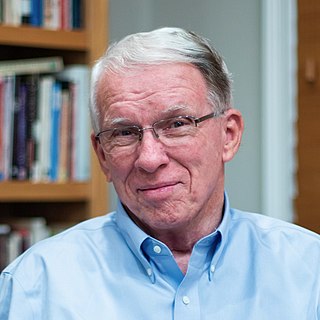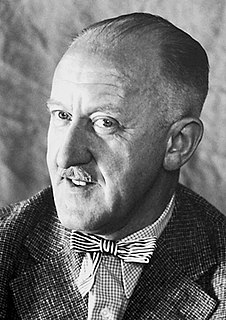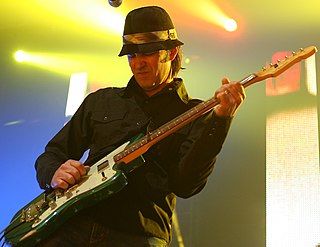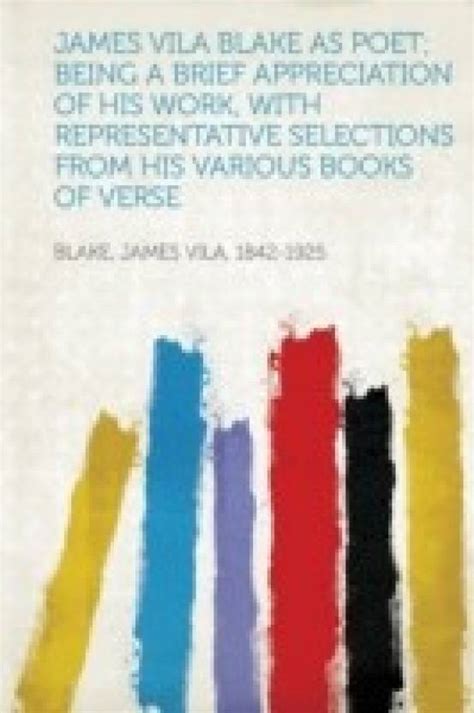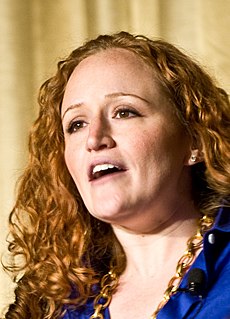A Quote by Larry Crabb
I find it much easier to counsel than to be counseled, to reach out to a friend in my small group who is feeling insercure than to reveal my own inseurity. The truth is we don't much like being dependent. We don't enjoy admitting how desperately we long for someone's kindness and involvement. It's so humbling.
Related Quotes
It is not humility to insist on being someone that you are not. It is as much as saying that you know better than God who you are and who you ought to be. How do you expect to arrive at the end of your own journey if you take the road to another man's city? How do you expect to reach your own perfection by leading somebody else's life? His sanctity will never be yours; you must have the humility to work out your own salvation in a darkness where you are absolutely alone.
Writing, therefore, is also an act of courage. How much easier is it to lead an unexamined life than to confront yourself on the page? How much easier is it to surrended to materialism or cynicism or to a hundred other ways of life that are, in fact, ways to hide from life and from our fears. When we write, we resist the facile seduction of theses simpler roads. We insist on finding out and declaring the truths that we find, and we dare to out those truths on the page.
Kindness is not like a barter, so much for so much; or so much by contract, and my duty done. But kindness is like a righteousness or like a worship, not done unless it be done all I can. For the heart must run forth without measure like a child, and kindness be wound around like a child's arms about the neck, not by measure, but as tightly and as long as they can be.
The first sentence of the truth is always the hardest. Each of us had a first sentence, and most of us found the strength to say it out loud to someone who deserved to hear it. What we hoped, and what we found, was that the second sentence of the truth is always easier than the first, and the third sentence is even easier than that. Suddenly you are speaking the truth in paragraphs, in pages. The fear, the nervousness, is still there, but it is joined by a new confidence. All along, you've used the first sentence as a lock. But now you find that it's the key.
Surfaces reveal so much. The marks painters make reveal so much about their work and themselves; their sense of proportion, line, and rhythm is more telling than their signature. Looking at the surfaces of nature may offer equivalent revelations. What do these shapes and patterns reveal about the world and their creator? Surfaces hide so much.
How many slams in an old screen door?
Depends how loud you shut it.
How many slices in a bread?
Depends how thin you cut it.
How much good inside a day?
Depends how good you live 'em.
How much love inside a friend?
Depends how much you give 'em.”
? How Many, How Much by Shel Silverstein
“Tell the truth, or someone will tell it for you.
